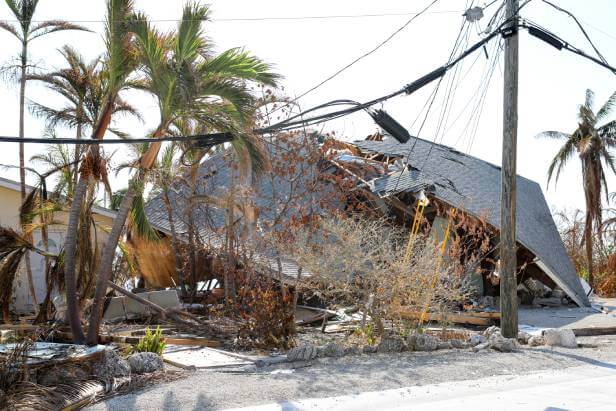When renting a vehicle, it is important to understand the fees, insurance coverage and liability, as well as the terms and conditions of your rental agreement. The following tips are designed to help save you time and money. If you need assistance or have questions contact your LegalShield provider law firm.
- Do your homework. Booking online may help you compare pricing, pickup locations and rental terms. Always review the rental company’s terms and conditions before making a reservation. Some companies restrict overall mileage or prohibit use of the rental vehicle in certain states or provinces. Rental companies may also limit who can drive the vehicle. Make sure you check before having a spouse or other person drive a vehicle you have rented.
- Beware of additional fees. Consider the cost of gas, how much the rental agency will charge for any damages, the cost of supplemental insurance and taxes. These costs can sometimes total more than the actual rental. Determining the full cost early will help you avoid surprises.
- If you already own a car, your existing auto insurance policy may cover your rental vehicle. Check with your insurance company before you purchase additional coverage through the rental company. If your own vehicle is not covered by collision insurance consider purchasing the damage waiver. The damage waiver will protect you from paying for damage to the rental vehicle.
- Always thoroughly examine the vehicle for damage before leaving the rental agency. You should examine not just the exterior of the vehicle but also the inside for stains, rips, burns or any other damage. Make sure damage is noted on the rental form and retain a copy for your own records.
- Paying with a credit card may offer additional protection. Some credit card companies offer additional coverage when used to rent a vehicle. Contact your credit card company to find out what they may or may not cover.
- Avoid additional fees by returning your rental to the agent on time. If you need additional time, call ahead. You may be able to negotiate an extended rental without a late fee.
- Upon returning the vehicle, let the rental agency know if something did not work properly or if you had a negative rental experience.The agency representative may provide a discounted rate based on your experience.
- Save a copy of the rental agreement for your records. Read over your rental agreement to make sure you are aware of all charges or credits that may be involved. Monitor your bank account/credit card statement to make sure the final charges match your agreement.





